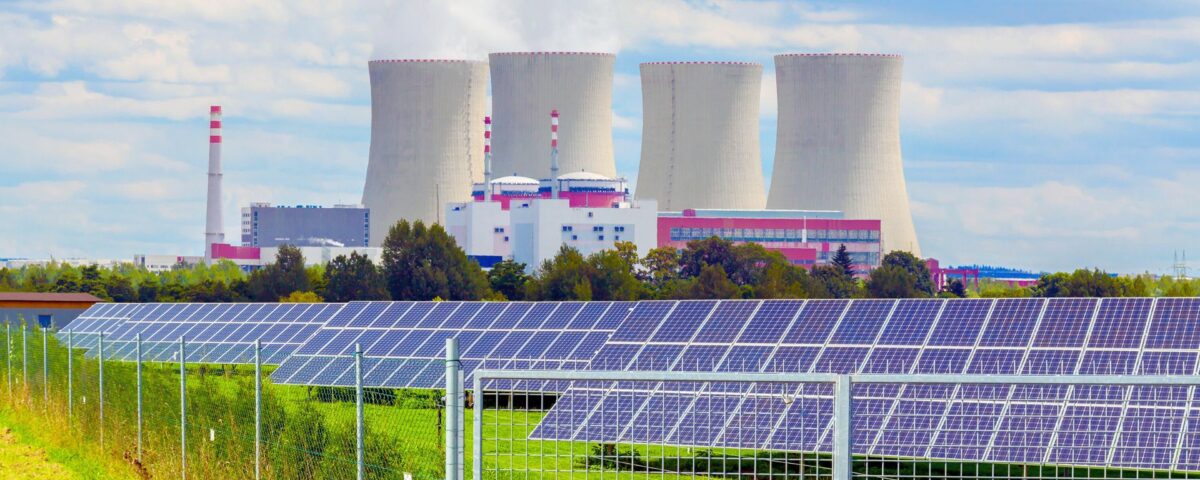Ramandeep Singh, Practice Head and COO, Mercados Energy Markets India
India’s energy story is a complex tapestry, woven with the threads of tradition and the aspirations for a cleaner tomorrow. With ambitious net-zero targets by 2070, the nation embarks on a crucial journey towards sustainable energy. However, navigating this path requires confronting the “coal conundrum” – the significant role of coal in the current energy mix amidst the need for a cleaner future.
The Power of Renewables, the Enigma of Intermittency, and the Enduring Reliance on Coal
Renewable energy sources like solar and wind hold immense promise for a greener future. However, their inherent intermittency – the inability to consistently generate power – presents a challenge. This is where coal steps in, providing the stability and reliability needed to ensure consistent power generation, especially during peak demand periods. Additionally, the coal sector remains a vital economic engine, particularly in eastern states, generating jobs and revenue for communities.
Finding the Right Balance: A Government in Action
The Indian government acknowledges the allure of renewables and the resilience of coal. Recognizing the need for a balanced approach, they prioritize fostering both sources while ensuring sustainability. This translates to ambitious renewable energy targets, with the aim of installing 500 GW of capacity by 2030 and meeting 50% of energy needs from these sources.
However, the government doesn’t disregard coal. They are actively exploring ways to reimagine its use, including promoting clean coal technologies that bridge the gap between current reliance and the future promise of renewables.
Investing in the Future: Innovation, Diversification, and a Look Beyond
The government actively fosters renewable energy growth through various initiatives. The Coal Logistics Plan, unveiled recently emphasizing on augmentation of railway network capacity through First-Mile Connectivity, shows India’s approach towards modernizing coal transportation, enhancing efficiency, and promoting sustainability. Additionally, they are investing in innovation and diversification within the energy sector. Examples like mandating renewable generation obligation for all new power plants and exploring coal/lignite gasification plants showcase a progressive approach that marries tradition with transformation.
Empowering Communities: Beyond Power Generation
Coal’s significance extends beyond just power generation. It is deeply intertwined with the socio-economic fabric of communities in coal-producing regions. The government prioritizes sustainable development in these areas, promoting responsible mining practices and exploring opportunities for diversification and skill development to empower these communities for the future.
A Look Ahead: Embracing the Challenges, Seizing the Opportunities
The government’s approach to India’s energy transition demonstrates pragmatism and foresight. While renewables lead the charge, coal remains an integral part of the foreseeable future. Recognizing this balancing act is crucial, and advocating for a holistic approach that honors both tradition and innovation is essential.
Navigating the Global Landscape: A Call for Agility
The current global energy market disruptions, like the Russia-Ukraine war, highlight the need for agility in India’s energy strategy. While ensuring energy security in the near term, India must leverage this opportunity to accelerate its transition towards renewables, reducing dependence on the volatilities of the global fossil fuel market.
Energy Storage: Bridging the Gap, Unlocking Potential
The growing importance of energy storage solutions, like battery technology, cannot be understated. These solutions address the intermittency issue of renewables, enabling their further integration into the grid and paving the way for a more reliable renewable energy future.
Clean Coal: A Bridge, Not a Destination
While clean coal technologies offer a potential path forward, it is crucial to acknowledge their limitations. Continued research and development in renewable energy and energy storage solutions should remain the primary focus, with clean coal seen as a bridge, not a destination, in the journey towards a sustainable energy future.
Building a Sustainable Future: Together We Rise
India’s journey towards a sustainable energy future requires careful planning, policy development, infrastructure investments, and a commitment to balancing immediate needs with long-term sustainability goals. It necessitates continuous innovation, collaboration between stakeholders, and ensuring a just transition that leaves no one behind. As India navigates this complex landscape, embracing these challenges and seizing the opportunities will pave the way for a cleaner, more secure, and prosperous future for all.


